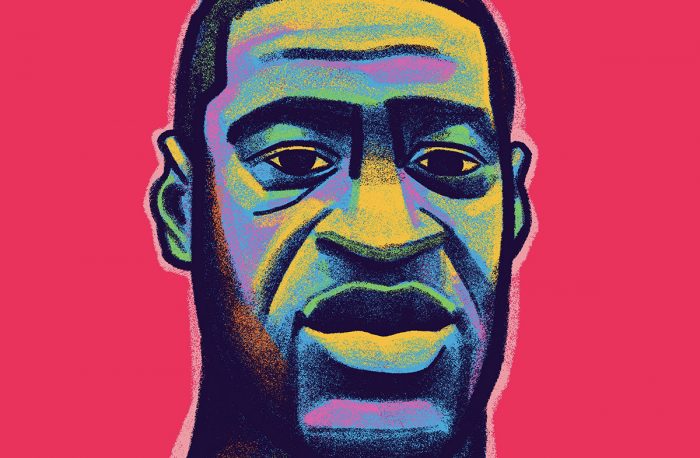[ad_1]
BY SOFO ARCHON

Note: The following is an adapted transcript of a spontaneous talk.
When we hear the word “racism,” most of us tend to think of what is called “interpersonal racism.” This term is used to describe racism that occurs between individuals – that is, the holding of negative attitudes toward a different race.
But there’s another, covert form of racism which is much less understood by the general public. It has been called “systemic racism” (also known as “structural racism” or “institutional racism”) and refers to the way a combination of factors – such as historical, cultural, legal and economic – normalize, legitimize and produce racist outcomes, even in the absence of racist intent.
If the above definition sounds vague to you, here’s a simple hypothetical example to help you better understand what systemic racism is, and hopefully to spark your interest to learn more about this important social issue.
***
Imagine that you are a white kid living in a district of some city of the US. A district which is populated mostly by white, middle class people, and where it is quite safe to live, it has almost no violence or crime.
Now, imagine that there is also another district in the same city where mostly black people live, and which has very high rates of violence and crime. The people who are living in that district are very poor, and have been politically and economically oppressed for generations. They are people whose great-grandparents were subjected to slavery. And they are people who still, to this day, carry the traumas of their great-grandparents in their collective psyche. They are people who have been culturally discriminated against, and because they live in so harsh conditions, some of them are led to perform acts of crime or violence.
As you grow up, you often hear in the news stories about black people committing crime and violence. And, slowly-slowly, influenced by the mass media, you begin to feel a bit afraid of black people. You also watch movies that usually show a black person or a bunch of black people committing crimes. In most of those movies, there is also a white policeman or policewoman, who is considered the good person, and who is fighting against the black criminals in order to restore peace, order and justice in society.
Inspired by such movies, one day in your early adulthood you decide to become a policeman or policewoman yourself. During your training to become that, you are told that criminals are bad or even evil, and that your job is to control, dominate and punish them. And, after years of training, you are given a gun and you are told that you can use it when needed. Then, you’re officially allowed to work as a policeman or policewoman.
One day during work, you encounter a black man who is committing a crime right in front of your eyes, and without second thought and for no important reason, you pull the trigger of your gun and you shoot that person. And you heavily injure or even kill him, something that you would not have done if the person was white.
Now, it’s not that you’re necessarily racist. Perhaps you like black people — or at least you think that you do — and you want to see them well, and you think that your work is to protect them as well. But you acted that way unconsciously and with no bad intentions due to your cultural conditioning. And the victim is not inherently bad, or evil. As we saw, it is the harsh conditions that he was brought up in and perhaps still lives in that led him to behave that way. Perhaps, because of those conditions, he developed a mental illness that led him to act that way and committed that crime. Or maybe he’s so poor that he had to commit a crime to keep on surviving.
This, my friends, is a brief and simple example to help you gain an insight into what systemic racism is, and to understand some of the many different forms that it can take.
[ad_2]
Source link

